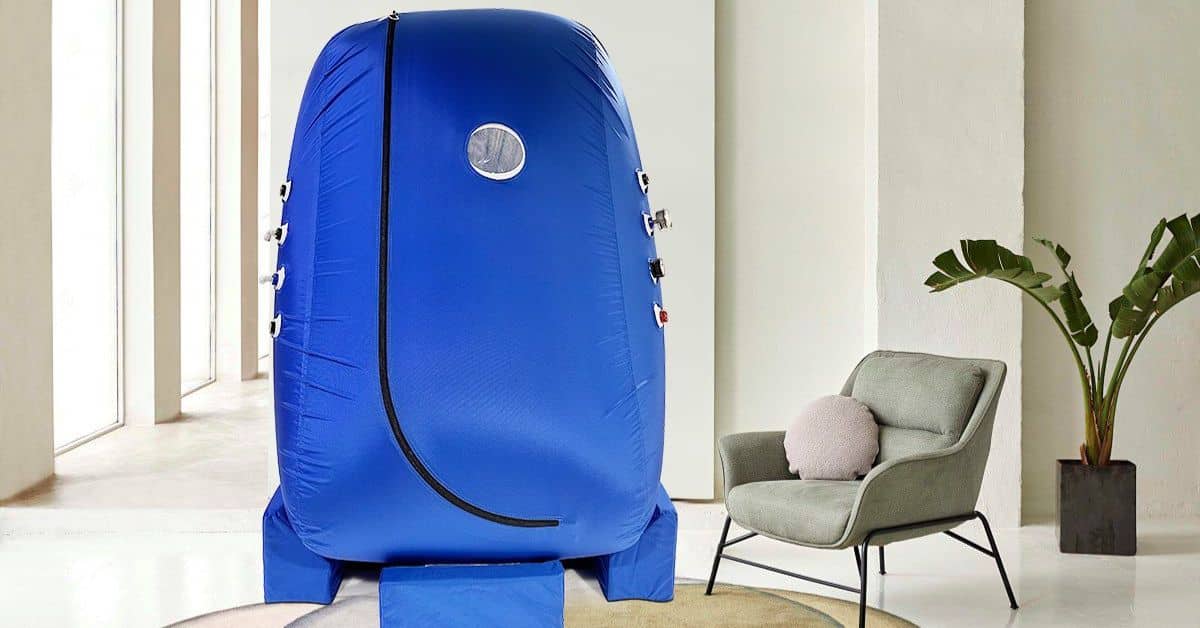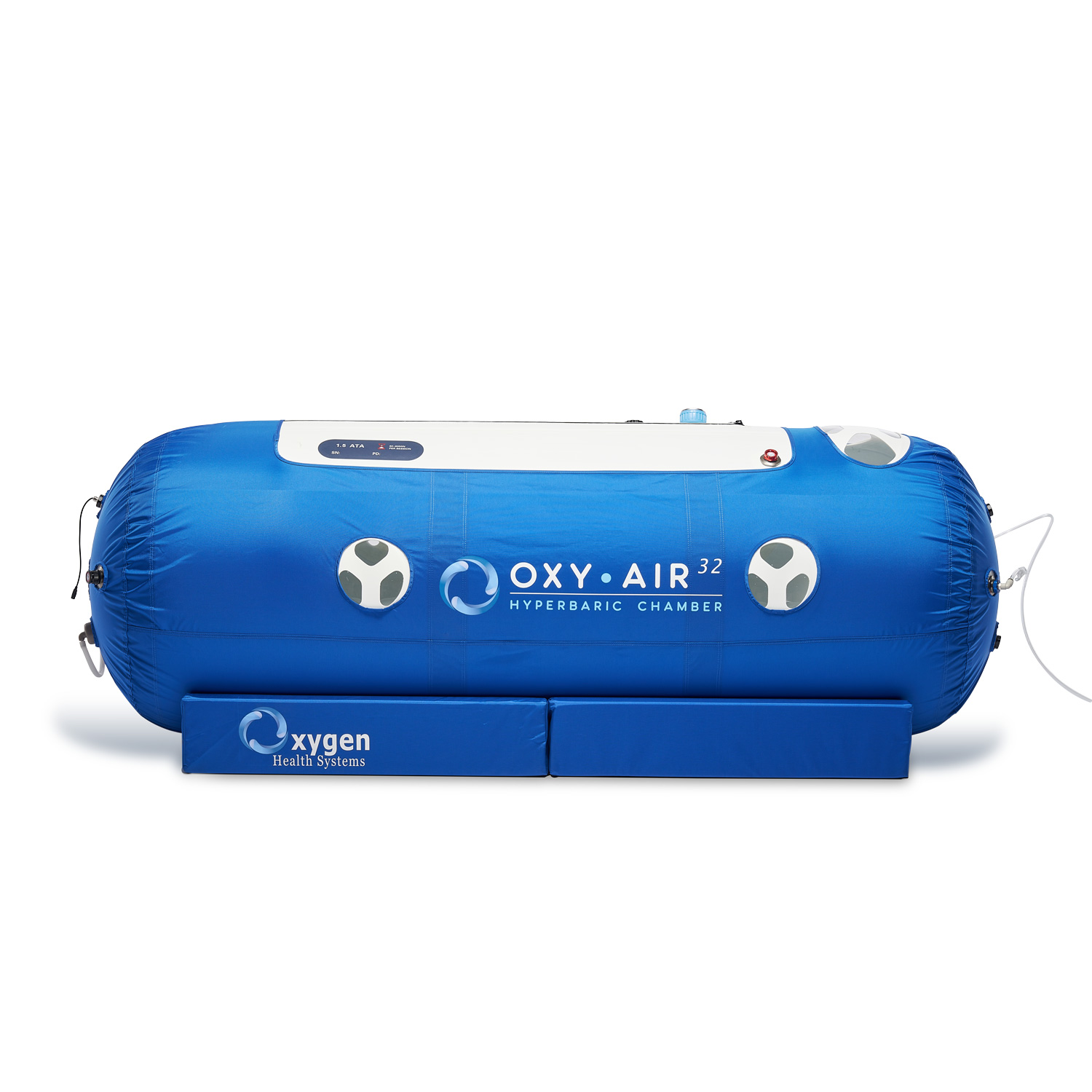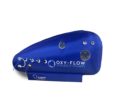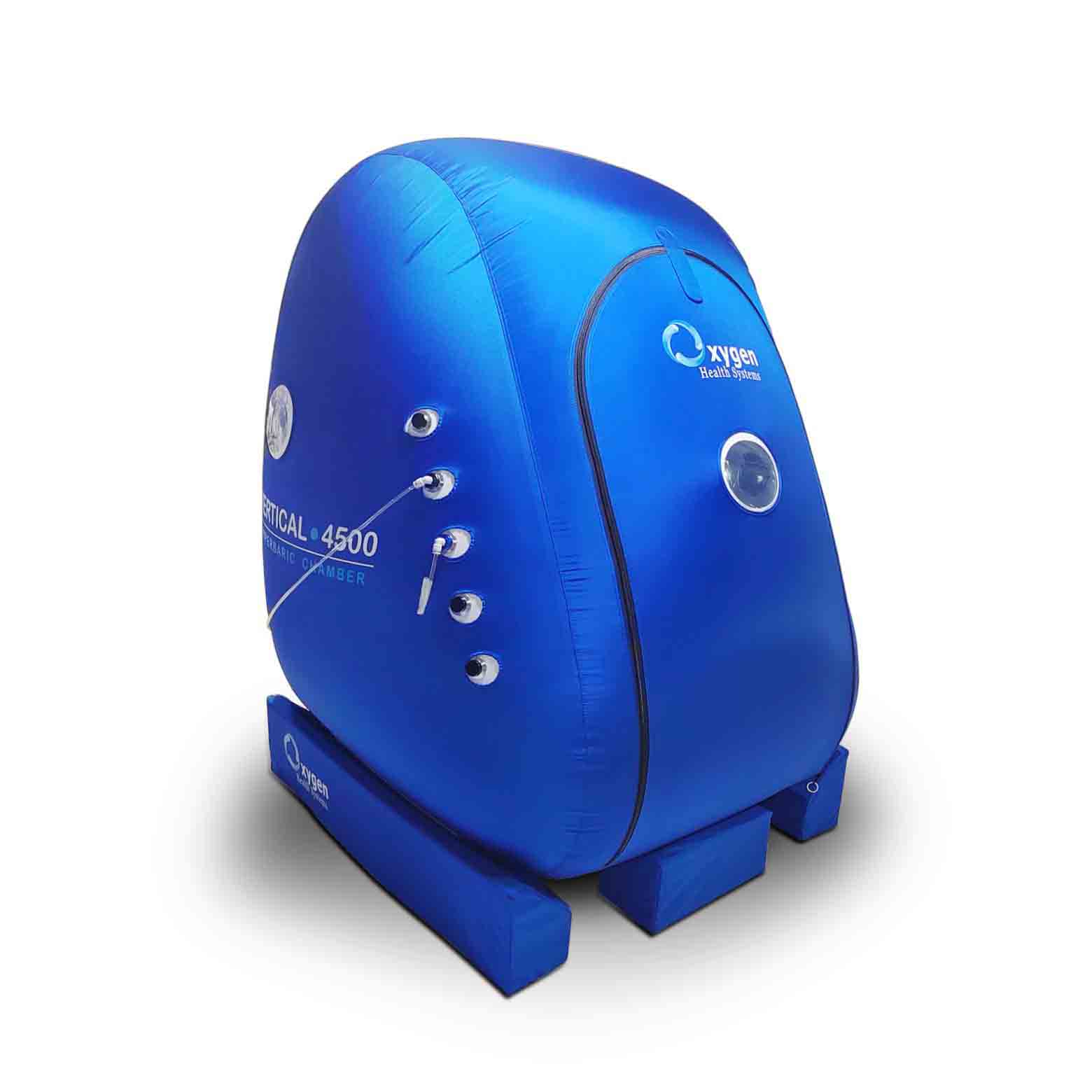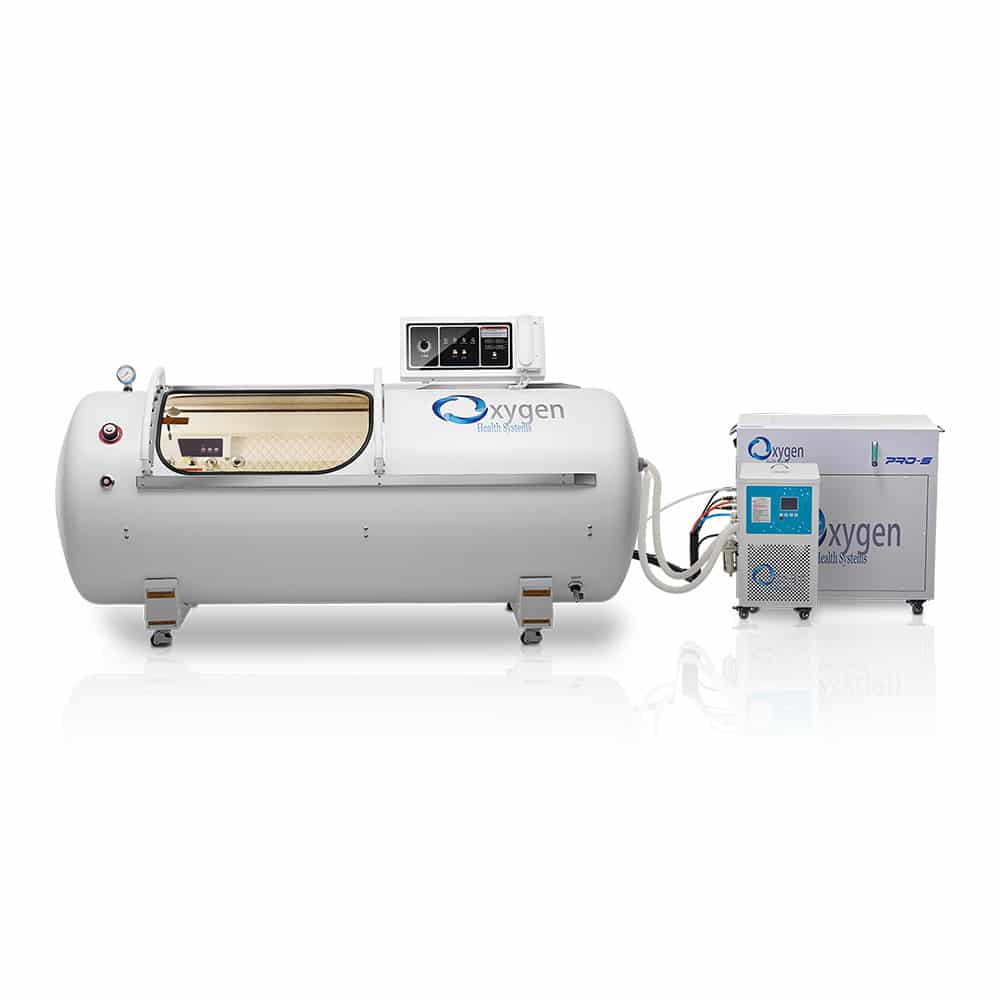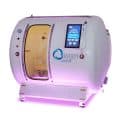Life Style
Is Hyperbaric Oxygen Therapy Safe for Children?
Hyperbaric Oxygen Therapy (HBOT) has been used in various medical treatments for years, helping patients recover from a range of conditions. While adults commonly use this therapy, scientists have also explored its benefits for children, raising important questions about its safety and effectiveness in younger patients. Read on to learn whether hyperbaric oxygen therapy is safe for children.
What Is Hyperbaric Oxygen Therapy?
Hyperbaric oxygen therapy involves placing a patient inside a pressurized chamber where they breathe in pure oxygen. The increased pressure allows oxygen to dissolve more effectively in the bloodstream, promoting faster healing for various conditions. Medical professionals primarily use it to treat injuries, infections, and even neurological conditions. Children who suffer from conditions such as cerebral palsy or autism may benefit from HBOT, but it’s important to understand the full scope of the therapy before deciding if it’s right for your child.
How Does HBOT Work for Children?
The medical professional places the child undergoing HBOT in a specially designed chamber, where they receive higher levels of oxygen in a controlled environment. The therapy typically lasts 60 to 90 minutes and may require multiple sessions depending on the condition the professional is treating. The goal is to increase oxygen levels in the tissues, reduce inflammation, and promote cellular repair. The effects can include improved cognitive function, faster recovery from injuries, and better overall health.
Common Conditions Treated With HBOT
Medical professional can treat many conditions with HBOT. These conditions include cerebral palsy, traumatic brain injury, autism spectrum disorders, and more. While HBOT is not a cure for these conditions, it has been found to provide relief in some cases, improving the child’s quality of life. The treatment can also help children heal their wounds and recover from burns or carbon monoxide poisoning.
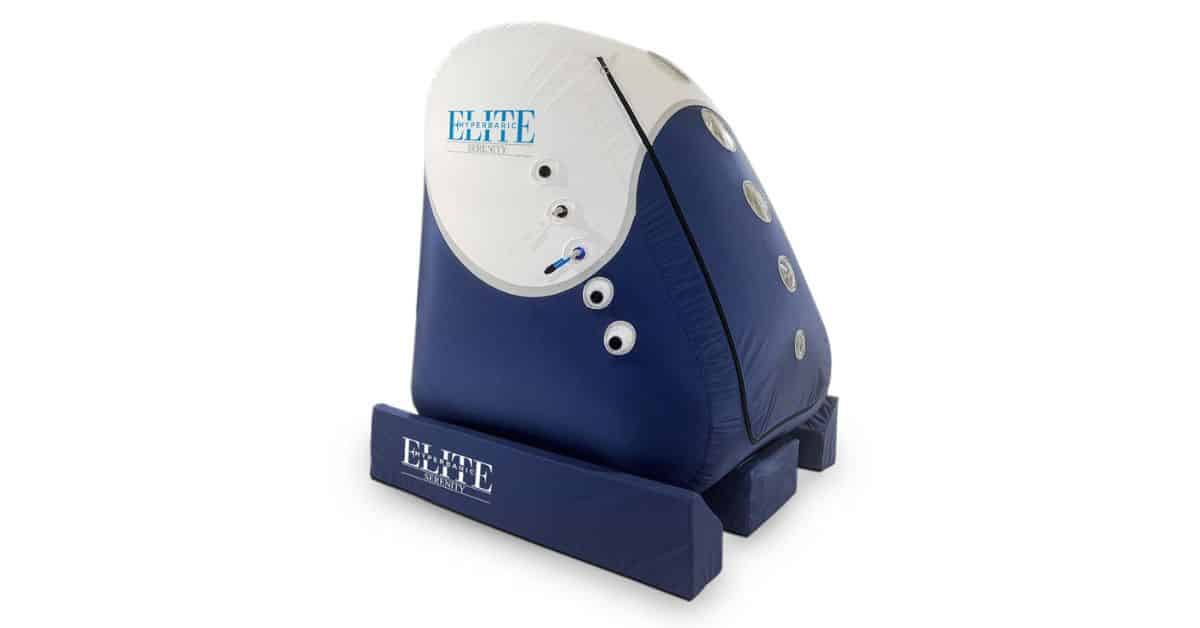
The Role of HBOT in Autism Treatment
Researchers in the health care industry have explored HBOT as a potential therapeutic option for children with autism. Although research is still ongoing, some parents report improvements in their child’s communication, behavior, and overall interaction following HBOT. However, it’s important to note that medical professionals consider HBOT to be an adjunctive treatment, meaning your child should use it alongside other therapies rather than as a standalone solution for autism.
Hyperbaric Oxygen Therapy for Cerebral Palsy
One of the more common uses of HBOT for children is in treating cerebral palsy. The increased oxygen flow to the brain helps reduce inflammation and can potentially improve motor function, muscle coordination, and even speech in children with cerebral palsy. While results can vary, many parents have seen marked improvements in their child’s development after consistent HBOT sessions.
How Safe Is HBOT for Children?
Overall, many medical professionals consider HBOT to be safe when administered under their supervision. However, this treatment does involve risk, as with any medical treatment. Some side effects include ear pressure discomfort, temporary vision changes, or mild fatigue. Severe complications are rare, but it’s always important to have a thorough consultation with your health-care provider before starting treatment.
Side Effects To Consider
While HBOT is generally well-tolerated, parents should be aware of the potential side effects, especially in children. Mild issues such as ear discomfort due to pressure changes are common. Children may experience temporary changes in their vision, though this often resolves after treatment. Serious side effects are rare but can include oxygen toxicity if administered improperly.
How To Prepare a Child for HBOT
Preparing a child for HBOT involves educating them about the treatment process. Some children may initially feel anxious since they will spend time inside a chamber. Bringing along familiar toys or books and talking to them about what to expect can ease this anxiety. Parents should also ensure their child dresses comfortably for their treatment and that the medical staff approves any electronic devices they bring into the chamber.
Finding a Qualified HBOT Provider for Children
Not every hyperbaric oxygen therapy center can handle pediatric cases. It’s essential to find a provider that has experience working with children and can offer child-sized chambers. Look for medical centers with certified technicians and doctors who specialize in pediatric care, ensuring your child is receiving the safest and most effective treatment possible.
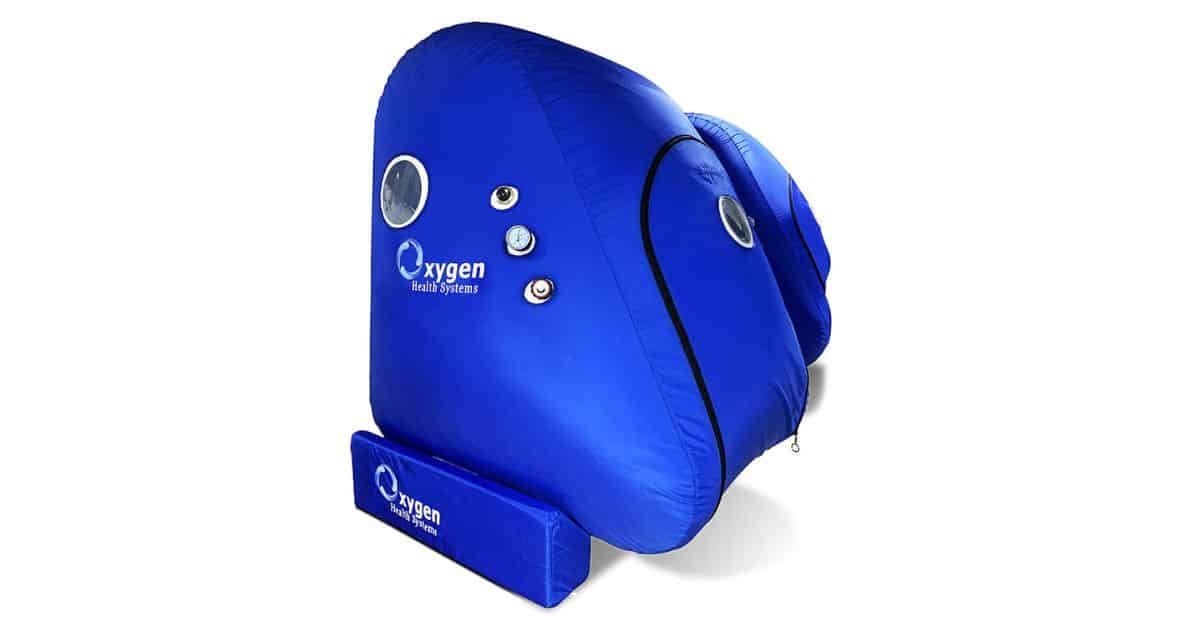
How Long Do HBOT Sessions Last?
HBOT sessions for children typically last an hour, though some treatments may last longer, depending on the condition the medical professional is addressing. Children may require multiple sessions, often ranging from 20 to 40 treatments. Each session builds on the previous one, and parents should prepare to commit to the full course of therapy to see optimal results.
Does Insurance cover Hyperbaric Oxygen Therapy?
Insurance coverage for hyperbaric oxygen therapy varies, especially when it comes to pediatric treatments. Some insurance plans may cover HBOT for specific conditions, such as carbon monoxide poisoning, while others may not cover it for neurological conditions, such as cerebral palsy or autism. It’s important to check with your insurance provider to determine what your policy covers.
Alternative Therapies for Children
While HBOT has proven beneficial for many children, it’s not the only treatment available. Parents should explore other therapies in conjunction with HBOT, such as physical therapy, speech therapy, and occupational therapy. Each child’s treatment plan should be personal, based on their unique needs and condition, for the best outcomes.
Can Children Use a Vertical Hyperbaric Oxygen Chamber?
A vertical hyperbaric oxygen chamber is another option for children, particularly those who may be uncomfortable lying down for extended periods. These chambers allow for a more upright position, which some children find more comfortable. Many parents find that these chambers provide the same benefits while offering a more relaxed experience for the child.
Combining HBOT With Other Treatments
HBOT is often most effective when combined with other treatments. A combined approach can help your child achieve better results, whether you’re combining HBOT with physical therapy, medication, or behavioral therapy. Always consult your child’s primary health-care provider to create a well-rounded treatment plan tailored to your child’s needs.
The Importance of Monitoring Progress
Monitoring your child’s progress throughout HBOT is crucial, as with any medical treatment. Keep a journal of changes in behavior, motor skills, or communication, and share this information with your child’s primary health-care provider. Regular check-ins allow for any necessary adjustments to the treatment plan, ensuring your child is receiving the best care possible.
Now that you know more about HBOT, you can make a more informed decision as to whether hyperbaric oxygen therapy is safe for your children. HBOT offers a non-invasive and safe option for promoting healing, whether used for autism, cerebral palsy, or other conditions. Always consult your child’s medical provider to see if this therapy is right for them.

